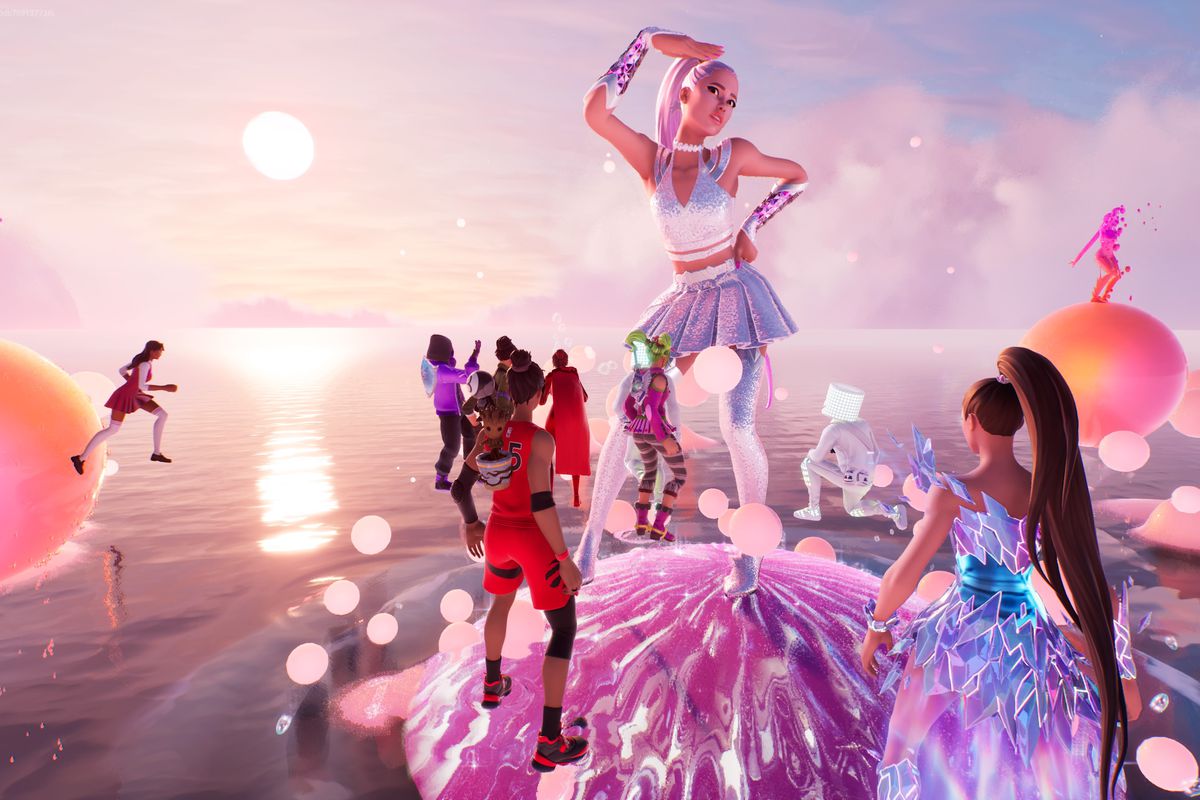Epic Games is the developer of one of the world’s largest gaming cultural phenomenon’s, Fortnite, and also develops Unreal Engine, the most advanced real-time 3D creation tool that powers Fortnite and has been widely embraced by industries beyond gaming! Watch this space as we explain why they have EPIC influence…
Firstly, they developed ‘Unreal Engine’, one of the most widely used AAA game engines. Developers across the world use it to create games for various platforms. It has been free for enthusiasts and creators to learn and the engine first appeared all the way back in 1998 showcased on a game called Unreal. It’s now in it’s 5th edition and has evolved WAY beyond games. It features a complete suite of creation tools for game development, AR & VR, architectural, automotive, movie and video content creation, live events & broadcast production and real-time simulations.





